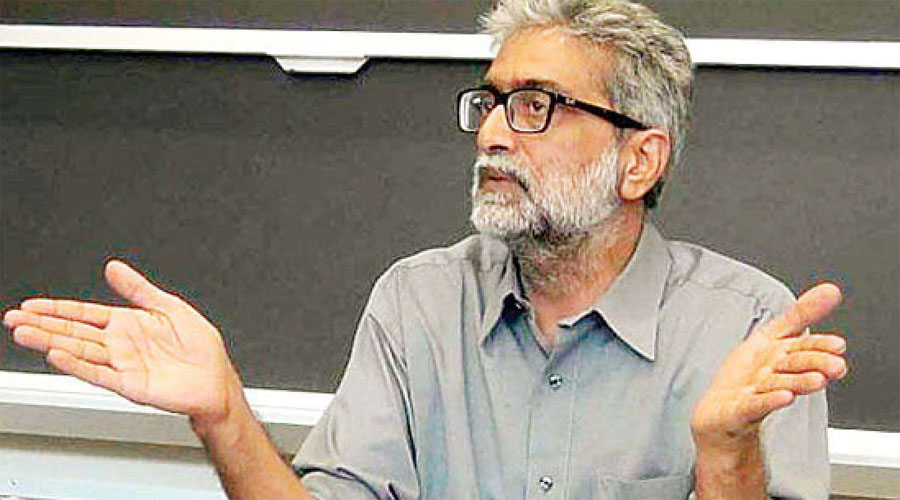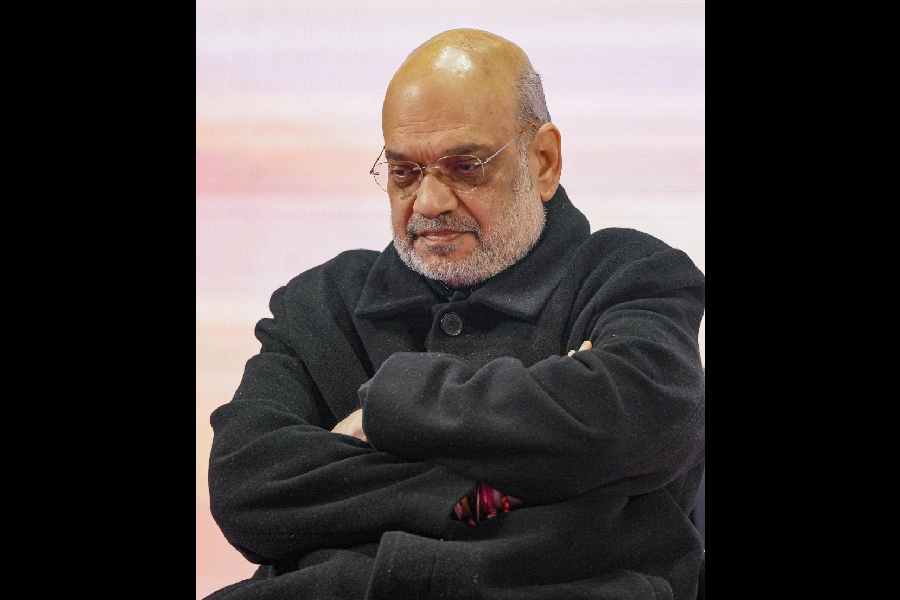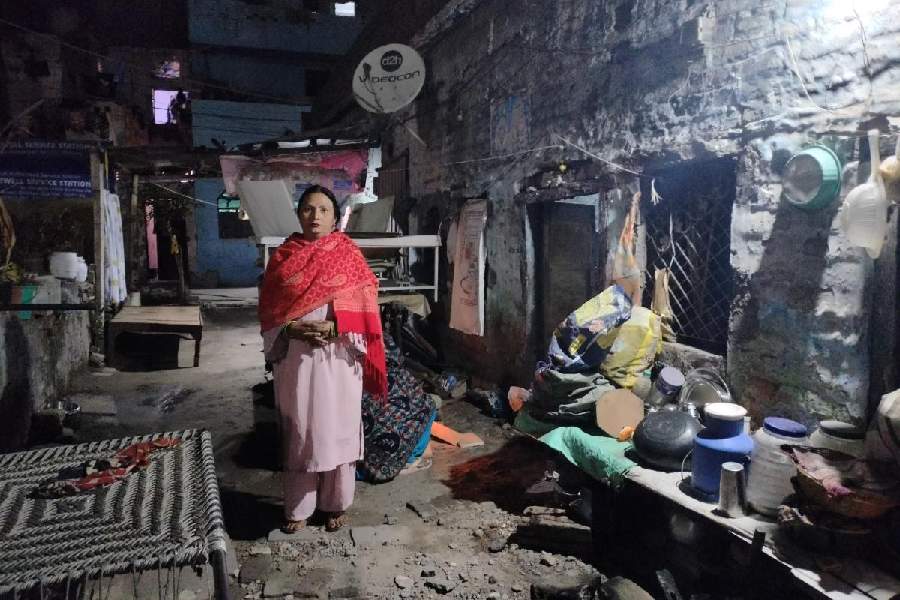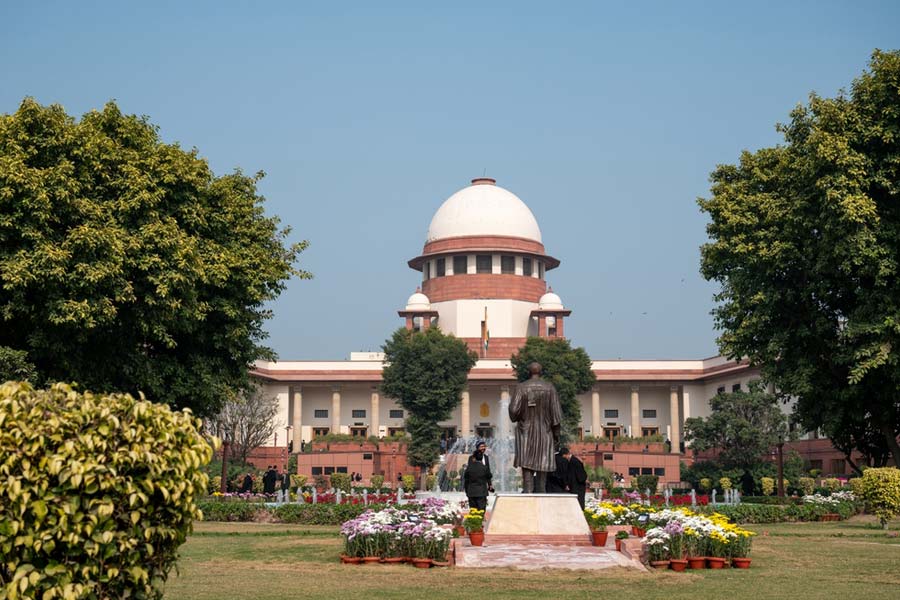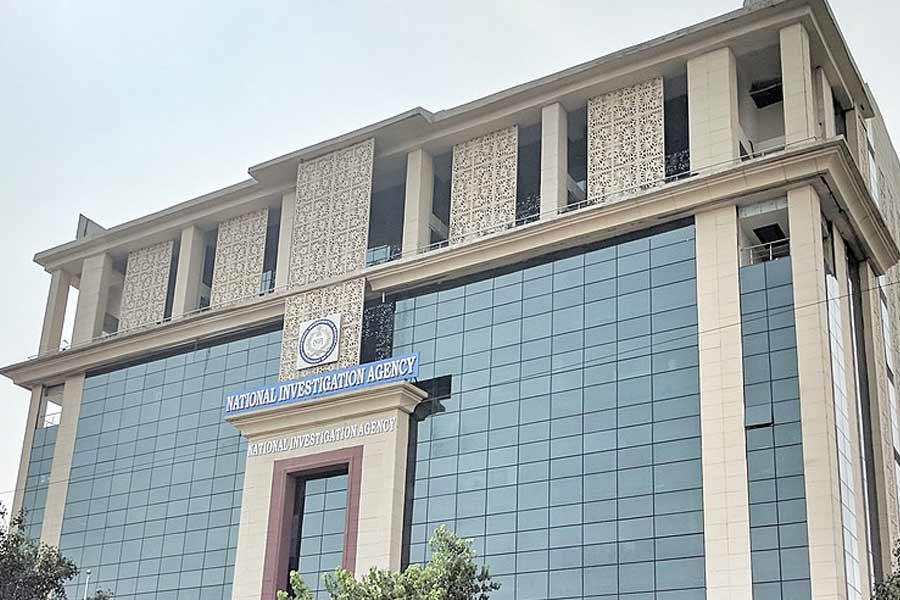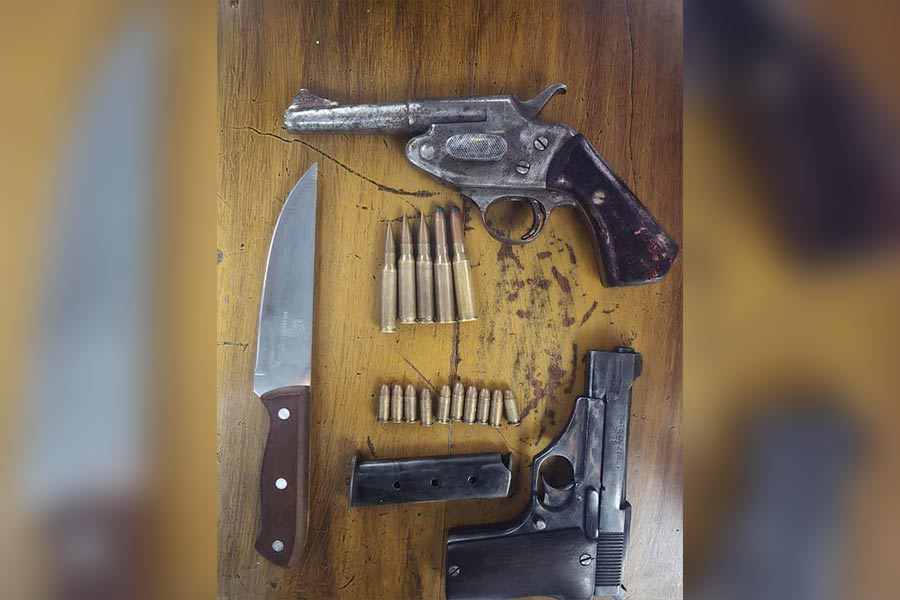The Supreme Court on Tuesday cleared the hurdle for the release of activist Gautam Navlakha from Navi Mumbai's Taloja prison, where he is lodged in the Elgar Parishad-Maoist link case, by waiving the requirement of a solvency certificate for availing the benefit of house arrest.
The top court had on November 10 allowed Navlakha to be placed under house arrest owing to his deteriorating health.
It had said that to avail the facility of house arrest, Navlakha will provide local surety of Rs 2 lakh by November 14.
A bench of Justices K M Joseph and Hrishikesh Roy was on Tuesday informed by senior advocate Nitya Ramakrishnan and advocate Shadan Farasat, appearing for Navlakha, it will take a minimum of six weeks to secure solvency certificate in respect of surety to be provided as a precondition for house arrest of the activist.
"Considering the submission and the circumstances, we deem it appropriate to waive the requirement of a solvency certificate for the petitioner (Navlakha) to avail the benefit of our order dated November 10, 2022. It is ordered accordingly," the bench said.
It said since other adequate security proofs such as passport, Aadhaar card and Permanent Account Number (PAN) card have been provided, the trial court should not insist on a ration card as an additional proof of identity for the benefit of the apex court's order to take effect.
"It is so ordered," the bench said.
Noting the activist has been in custody since April 14, 2020 and prima facie there is no reason to reject his medical report, the apex court had on November 10 said Navlakha does not have any criminal background except for this case and even the Government of India had appointed him as an interlocutor to hold talks with Maoists.
Putting a number of conditions, including a deposit of Rs 2.4 lakh as expenses towards providing him security, the top court had said the order to place the 70-year-old activist under house arrest for a month in Mumbai should be implemented within 48 hours.
"It is not in dispute that apart from this case, the petitioner does not have any criminal background at all. The petitioner has also the case that in the year 2011, the services of the petitioner was used by the Government of India as an interlocutor to mediate with the extremists for securing the release of security personnel kidnapped by Maoists," it had said.
"We would think on a conspectus of the facts that we should allow the petitioner to be placed under house arrest at least to begin with till the next date of hearing from the date on which he is actually placed on house arrest," the top court had said.
The apex court had posted the matter for hearing on December 13.
The activist appealed to the apex court against the April 26 order of the Bombay High Court dismissing his plea for house arrest over apprehensions of lack of adequate medical and other basic facilities in Taloja jail near Mumbai.
The case relates to alleged inflammatory speeches made at the Elgar Parishad conclave held in Pune on December 31, 2017 which the police claim triggered violence the next day near the Koregaon-Bhima war memorial on the outskirts of the western Maharashtra city.

